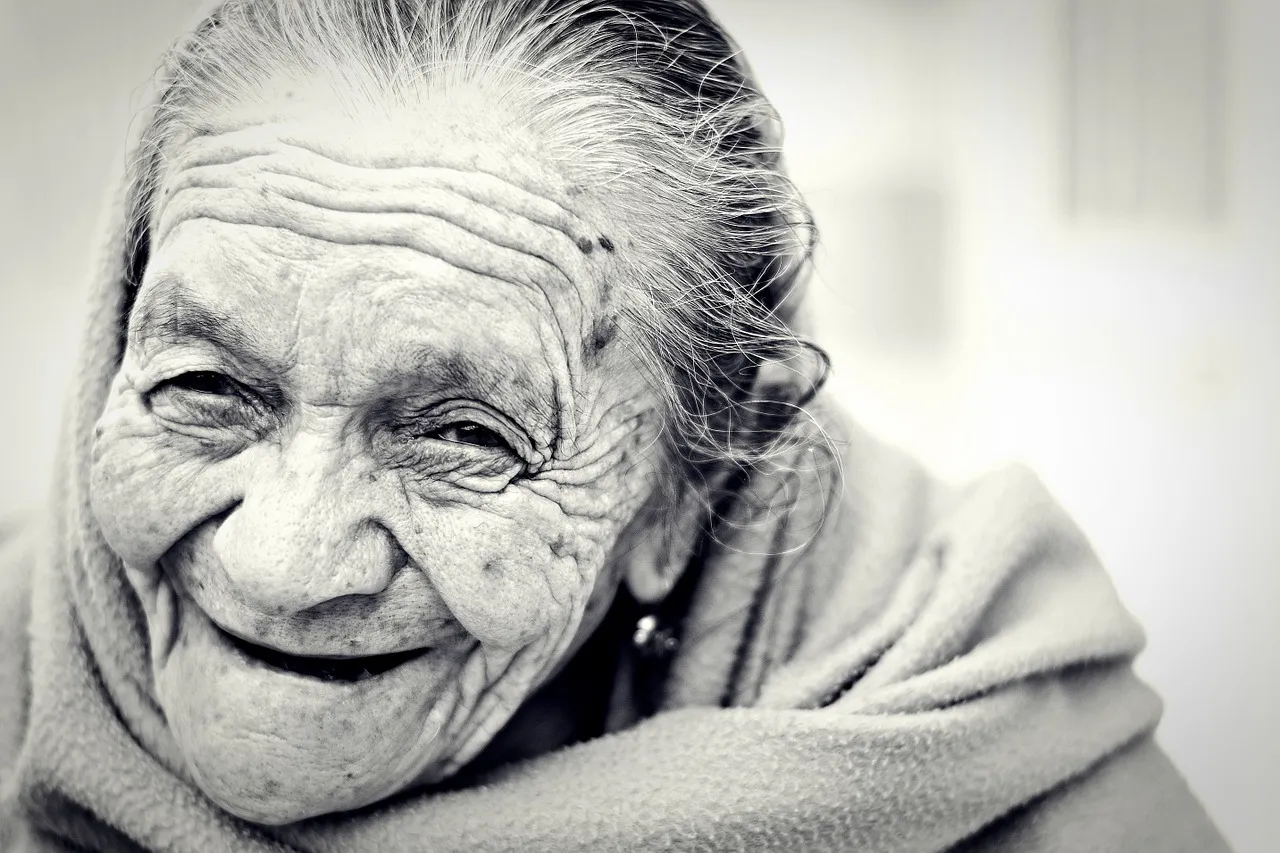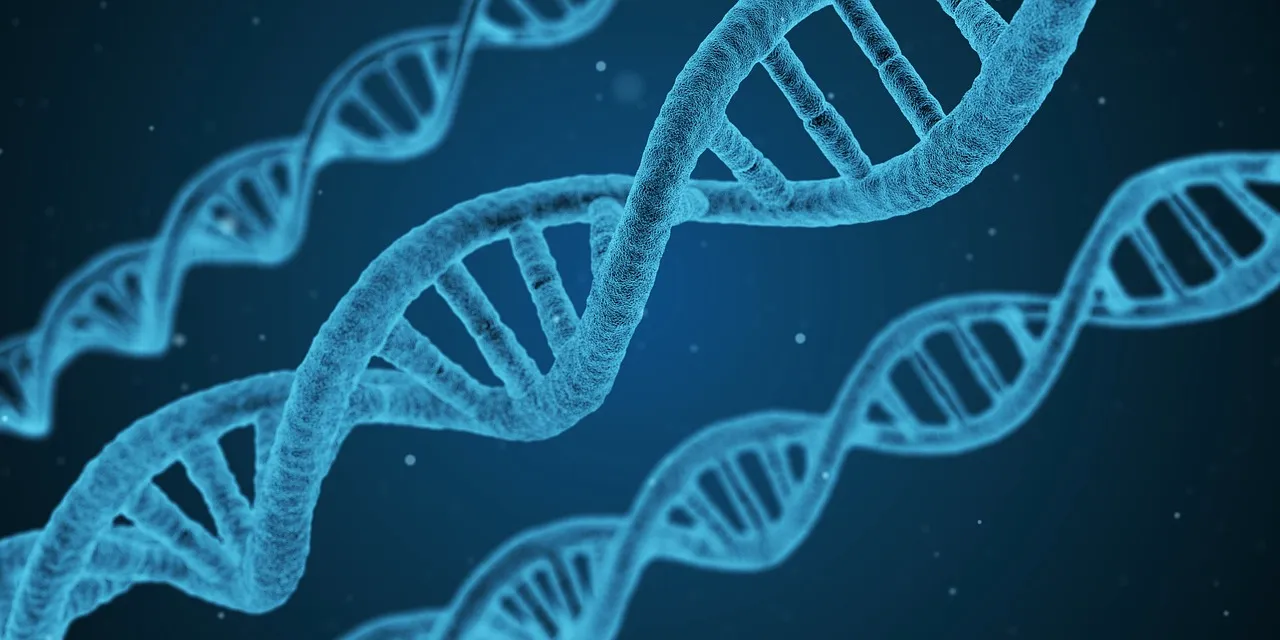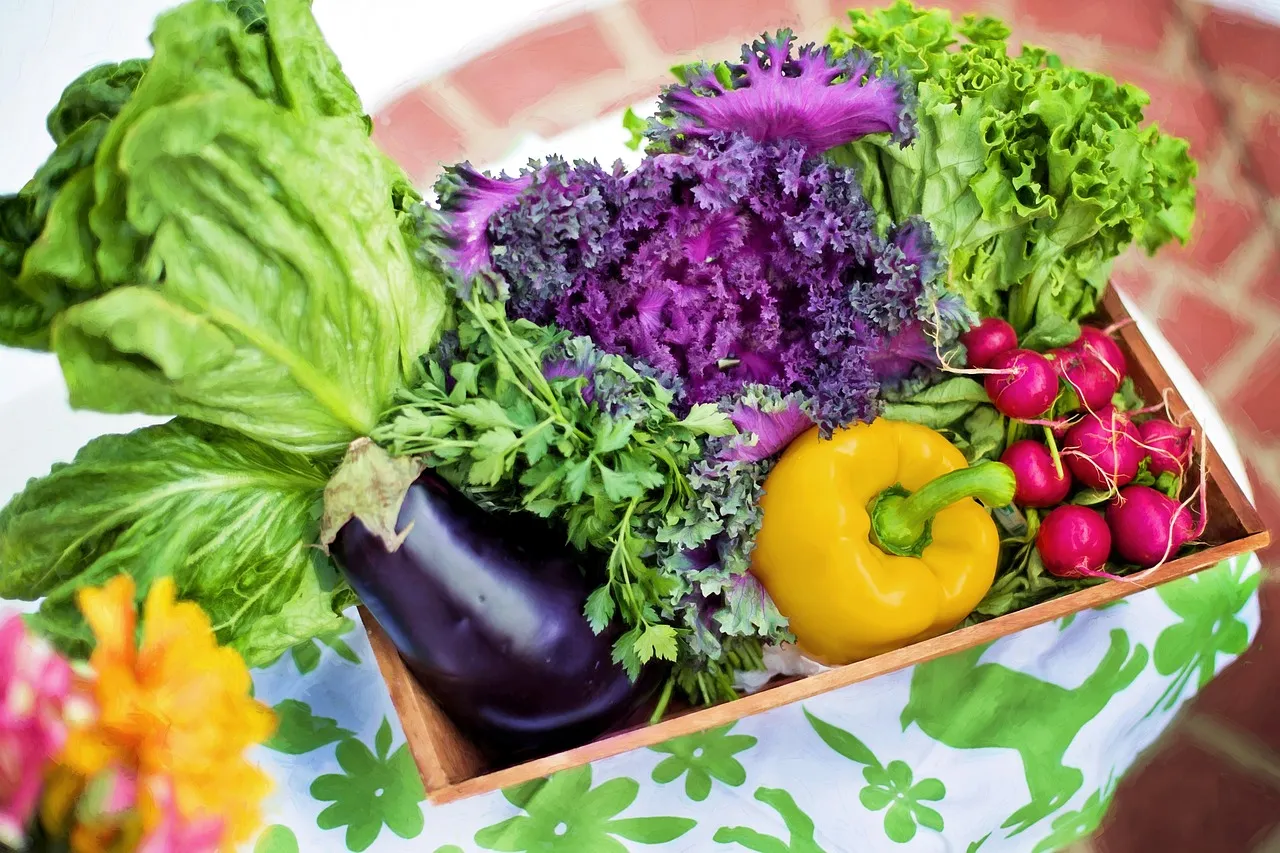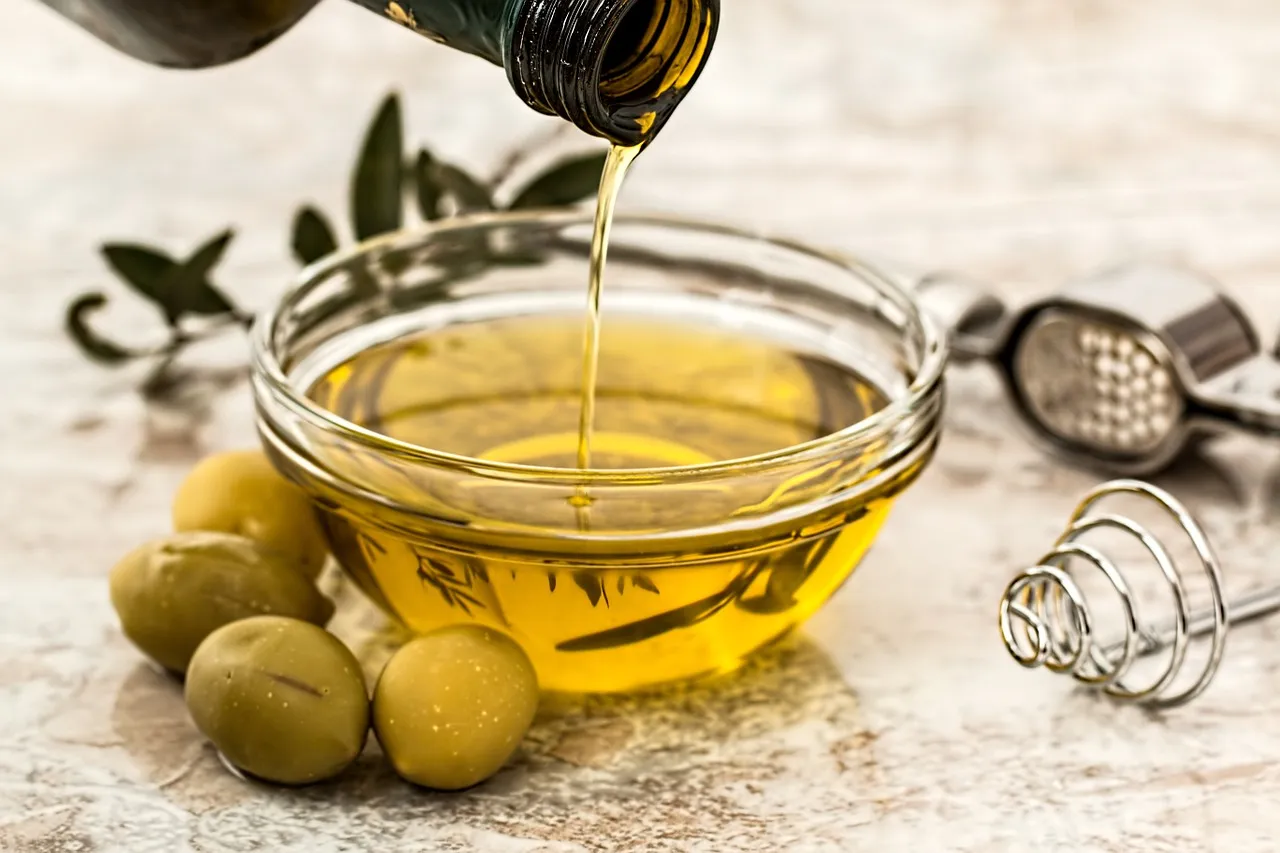Introduction
Ageing

[image source: pixabay CCO licensed]
Mechanism involve in ageing
Free radical theory
DNA damage hypothesis
Telomere theory
Mitochondrial theory
Wear and tear theory
Immunological theory
Endocrine theory
This theory proposes that the decrease in activity of the hypothalamus - pituitary gland - endocrine system which is responsible for the regulation of the body's metabolism and other processes through the secretion of hormones is responsible for ageing process. This theory was backed by a research carried out by Powers et. al., (2006). In the research, the pituitary gland of lab mice were removed using hypophysectomy, and it was discovered that mice without pituitary hormone had extended life span compared to the control. This gave birth to the theory that the pituitary gland produces pituitary hormone alongside an unknown hormone that contributes towards ageing process.
Natural ways to slowdown the process of ageing
In view of the above theories and research which is yet to solve ageing process, it is advisable for us to watch the kinds of diet and activities we do, as this may contribute directly or indirectly towards ageing. Lets discuss ways by which we can slow down this process naturally
Diet : Looking at ancient people, they have higher life span compared to people of nowadays. This is as a result of their nutritional diet, they eat more of natural foods and not junks. Since we already know the negative effects caused by free radicals, eating foods that are rich in anti oxidants cannot be emphasized enough. Vegetables, protein, red whine, fruits such as berries and watermelon are very effective in slowing down the process of ageing because of the presence of antioxidants in them. Inflammatory foods such as junk foods should be avoided because of their negative effects which directly or indirectly accelerates ageing process. Foods such as whole grain contains fibre, carbohydrate, protein and essential fatty acid that helps in reducing cholesterol levels in the body should be consumed more. On the other hand, wines, vegetables and fruits are good source of flavoniods, carotenoid and vitamins that helps in preventing cellular damages caused by the activities of free radicals.
Exercise : Various research has been carried out and they support the motion that regular exercise helps attenuate the process of ageing. From the molecular view in a research carried out by Cash et. al., (2013), it was concluded that moderate exercise helps in the repair of damaged DNA. Damaged DNA contributes to ageing as discussed above in DNA damage hypothesis.
Nutritional requirement for the aged
The aged are refered to people who have attained the age of 60 and above. Not all kinds of food is healthy to the aged, so extra effort has to be made to help them stay healthy as discussed bellow
Fats: The presence of fat should be greatly reduced in diets of the aged. Reduction of fats in their diet helps reduce calorie intake and reduction of heart related disease such as atherosclerosis. Only fats that contains essential fatty acids and fat soluble vitamins should be included in their diet. Good source of these type of fat are olive oil and canola oil.
Calories : The intake of calories needs to be reduced due to the decrease in cells metabolism and decrease in muscular activities. Although, individuals varies but the calorie intake required daily for the aged should not be more than 1,600 kcal.
Fibre : Fibres are well known for the prevention of colon cancer and aid easy emptying of the bowel. It also helps in binding to blood cholesterol and carries it out of the body, thereby preventing heart related diseases such as atherosclerosis.
Vitamin and minerals : The defiency of vitamins and minerals is noticeable in the aged people. Extra efforts has to be made to provide them with essential vitamins such as Vitamin C, E and B. Minerals such as iron and calcium are relatively low in aged people which results in fatigue. Fresh fruits and vegetables should be mostly eaten by the aged as they contain most of the essential vitamins and minerals.
Carbohydrate : Complex carbohydrates should mostly be taken by the aged people. Carbonated drinks should be avoided as they contain very high amount of sugar that may result in pile and hyperglycaemia.
Protein : The need for essential amino acid is same for the young and aged people. Aged people should avoid beef and egg as their source of protein because egg yolk is rich in cholesterol, while beef contains essential nucleic acid which when metabolize, results in the accumulation of uric acids in joints that causes arthritis. Plants protein should be the source of protein for the aged because they contain biomolecules capable of preventing and minimizing diseases associated with ageing.
Conclusion
From all the discussed theories above, it is clearly seen that the process of ageing does not involve an individual process but a multiple complex process. Regulating our diet and regularly exercising will help reduce the process of ageing, making us active and young even at old age.
References
Mc Auley M.T., Guimera A.M., Hodgson D., Mcdonald N., Mooney K.M., Morgan A.E., Proctor C.J., (2017). Modelling the molecular mechanisms of aging. Biosci Rep. 28; 37(1). https://www.ncbi.nlm.nih.gov/pmc/articles/PMC5322748/
Cash, S. W., Beresford, S. A. A., Vaughan, T. L., Heagerty, P. J., Bernstein, L., White, E., & Neuhouser, M. L. (2014). Recent physical activity in relation to DNA damage and repair using the comet assay. Journal of Physical Activity & Health, 11(4), 770–776. http://doi.org/10.1123/jpah.2012-0278
Rebelo-Marques, A., De Sousa Lages, A., Andrade, R., Ribeiro, C. F., Mota-Pinto, A., Carrilho, F., & Espregueira-Mendes, J. (2018). Aging Hallmarks: The Benefits of Physical Exercise. Frontiers in Endocrinology, 9, 258. http://doi.org/10.3389/fendo.2018.00258
Powers R.W., Harrison D.E., Flurkey K., (2006). Pituitary removal in adult mice increases life span. Mech Ageing Dev.127(8):658-9. https://www.ncbi.nlm.nih.gov/m/pubmed/16643985/#
Jin, K. (2010). Modern Biological Theories of Aging. Aging and Disease, 1(2), 72–74. https://www.ncbi.nlm.nih.gov/pmc/articles/PMC2995895/#b2-ad-1-2-72
Park, D. C., & Yeo, S. G. (2013). Aging. Korean Journal of Audiology, 17(2), 39–44. http://doi.org/10.7874/kja.2013.17.2.39



